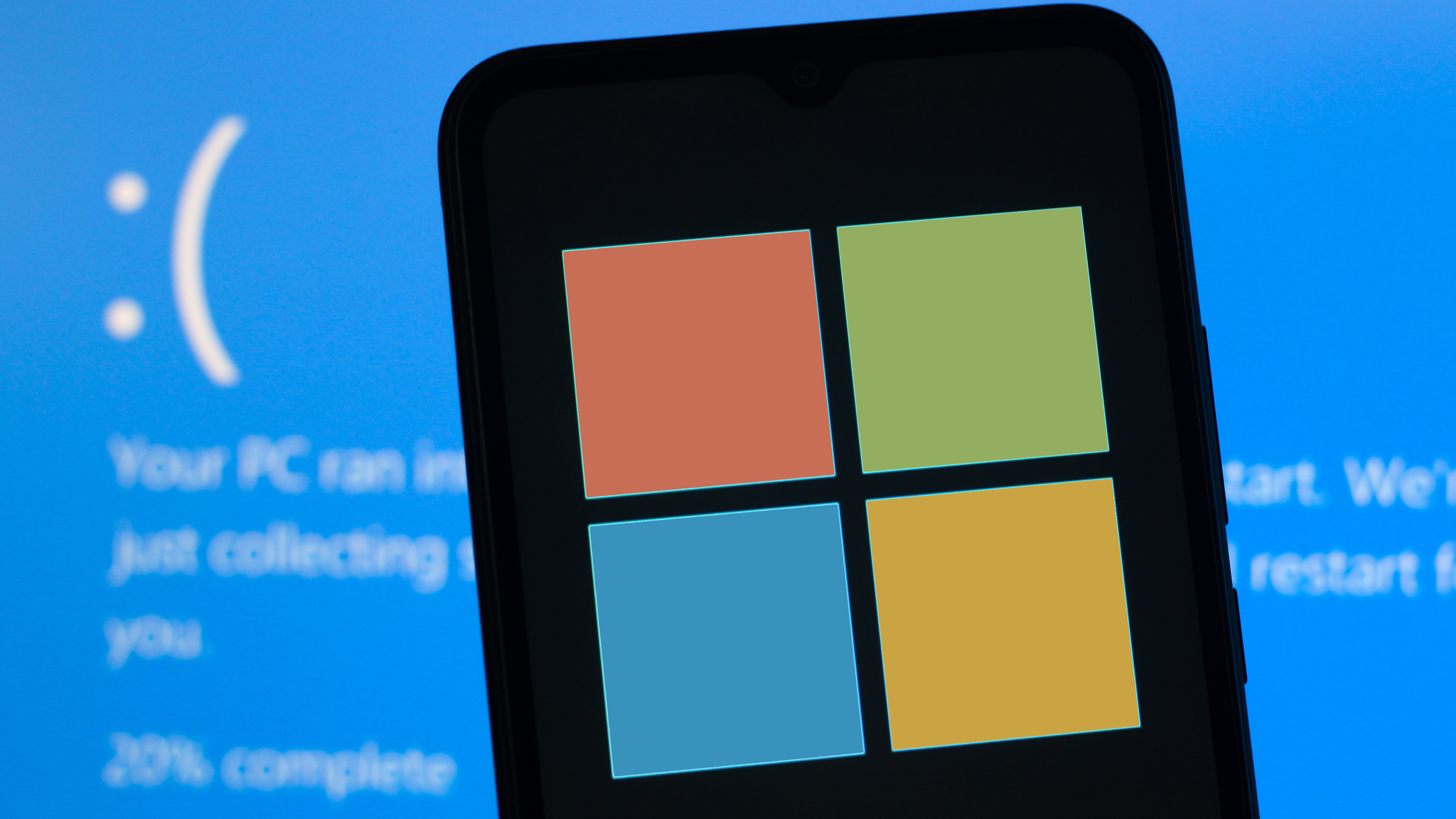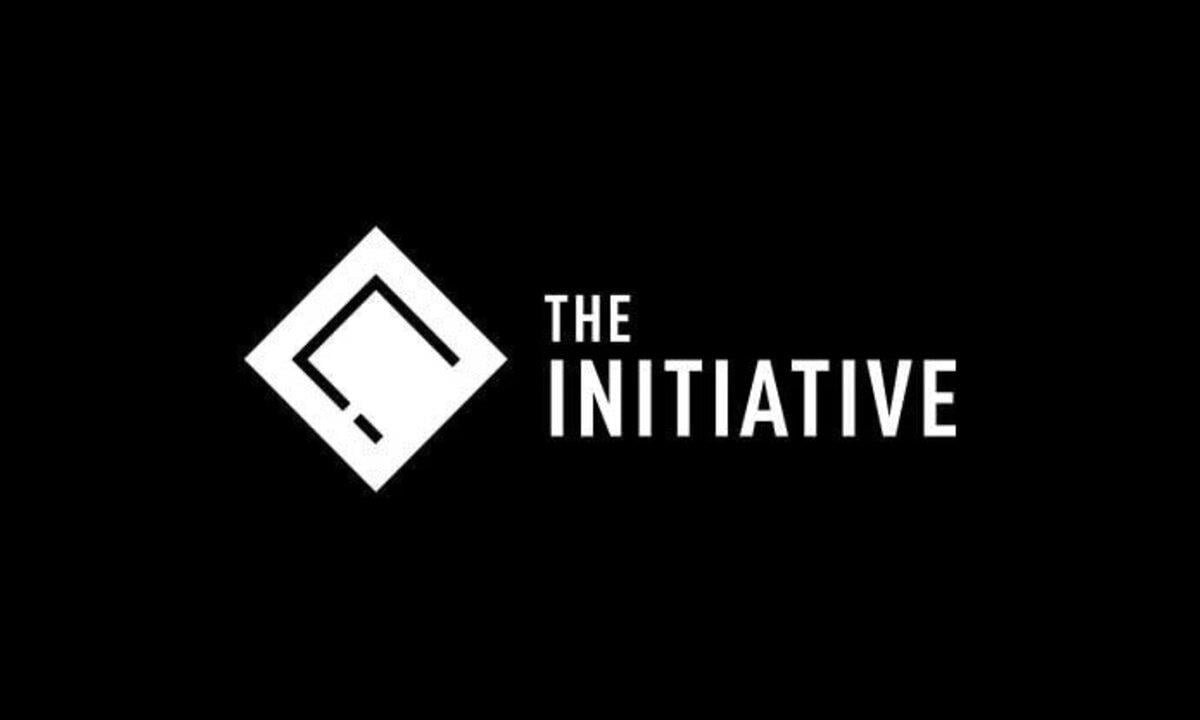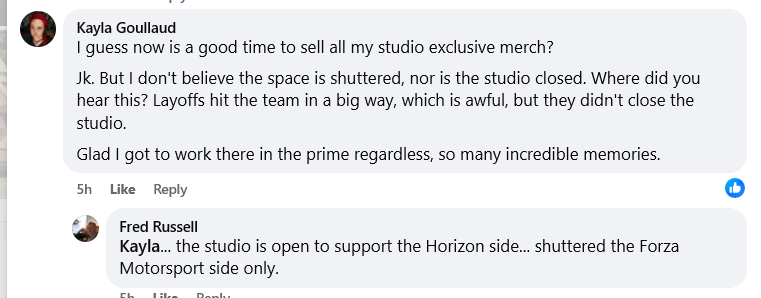S
SneakersSO
how does puting Steam on the next Xbox help Xbox? wouldn't that make them lose money since people would just buy from Steam instead? Do they really think PC players will transition to their PC-Console because of Steam?
I wanted to single this post out, simply because I have seen folks discuss this OEM, open-storefront Xbox console with some hopeful overtones, and while I think if you're into tech and utilize multiple storefronts, or even have been interested in streamlining the experience of getting a more PC-like device hooked up to your TV, then this is certainly going to be a device that may appeal to you, but I don't feel like anyone has really dived into the business realities of this device, both for the device itself and for the expectations that team Xbox is placing on this, and what it actually means for the Xbox platform. So if you will, please indulge my needlessly wordy ass.
So lets start with the expectation from Microsoft. From what I have gathered, I think if anyone thinks that Xbox or MS themselves expect this thing to 'take-off', allow me to dash that notion here and now. This is not a device intended to take off, even in the markets that MS has done well in historically (although they are far weaker in them now - NA/UK). Its going to be both expensive enough and supply constrained, enough so as to ensure the possibility of it 'taking-off' is never going to be met. Now, thats not by design, but its more reflective of how scaled back HW-related departments have become at Microsoft overall. Xbox was absolutely entering the XSS/X deluding themselves with the idea that they could make up ground in their previously dominant markets, but those voices who were 'fighting' in that way have both had change of hearts, and many of them have been outright silenced as new leadership ascended since the ABK close. Much like launching multiplayer focused titles or a battle royale, launching HW is harder now than its ever been, and even harder in a largely calcified market, but what really hinders MS here is that they basically handcuffed their capability to actually move HW.
Since before the X1 dropped, Microsoft has really scaled back their foreign offices who would be responsible not just for the actual operations of launching HW, but also creating regional relationships with retailers, local marketers, and ostencibly, consumers. Since 2013, launching HW has subsequently gotten increasingly expensive and operationally daunting. The expectations of whats necessary to do so have only climbed, thanks in part to how the mobile market expanded the reach of their devices in that 2012 -2023 time span. Sony and Nintendo spent much of the last 2 generations doing everything they could to broaden their foreign-market reach and penetration, and it rewarded them handsomely for it. Scaling back those operations has always been an easy target for Xbox given they were already underperforming in those regions, and as their budget keeps getting slashed going into the Gamepass Initiative in 2018, it makes sense to focus on where its easier for you to sell.
When we talk about MS getting their retailer margin eaten into if folks chose to use non-Xbox storefronts on this device, to MS, the calculation is simply to just get that per-consumer-dollar-average on the front-end of the transaction, when you buy the console, versus the lifecycle of the machine. So if its not being setup to take off really, then why even go down this route? The answer is the expansion of WindowsOS. Thats the real get here.
The XboxOS, and by extension Xbox as a SKU in general, has always been at odds with Windows as an Operating System. Xbox games aren't quite a WindowsOS app, and MS has done loads to bridge this gap over the decades, but no initiative has truly taken off. Part of this is because the Xbox marketshare itself is directly tied to XboxOS, whereas PC users kind of exist in this no-man's-land - the games have to run as Win32 executables but outside of that, its whatever storefront or SKU that floats your boat. SteamOS and the advent of PC-handheld devices changed all this though. Now, on the one hand, PC Handhelds are a tiny market. If you cut the Steam Deck out of it, it is basically between 500k or 1.5m by best estimates. Steam Deck is effectively the PC-handheld market. But Steam Deck, and more specifically SteamOS, is honestly positioned to basically steal from Microsoft this massive PC userbase that depends on an operating system to run their games. This SteamOS stuff is something I highlighted last year, but hearing about this as a potential threat has only increased in recent times internally.
So, why go this route then? Its a simple answer - its basically an effort to gradually kill off the XboxOS sku/line of releases. It'll be the first console from Xbox where you don't have to produce an XboxOS sku of a game in order to be available on that platform. Its not that the XboxOS line is a pain point or something, but having a SKU means folks have to support it to be viable, and if you're projecting that you're gonna gut things like your 3rd party GP budget, which wound up becoming a sort of slush fund for getting Xbox ports made, then you need to at some point face the music that said SKU is decreasingly unviable, and thats just simple truth at this point.
This is why MS is putting such an emphasis on boosting game performance on base Windows OS, both for non-desktop devices and for desktop usage, as well as making a Xbox UI/UX 'wrapper' for the HandHeld WindowsOS. Obviously, the question of 'what about my pre-existing Xbox library?', and thats certainly why they are driving so much effort into emulation and backwards compatibility and further strengthening those capabilities for the existing Xbox library while they also seek to make 'WindowsOS' the future of MS gaming.

www.windowscentral.com







